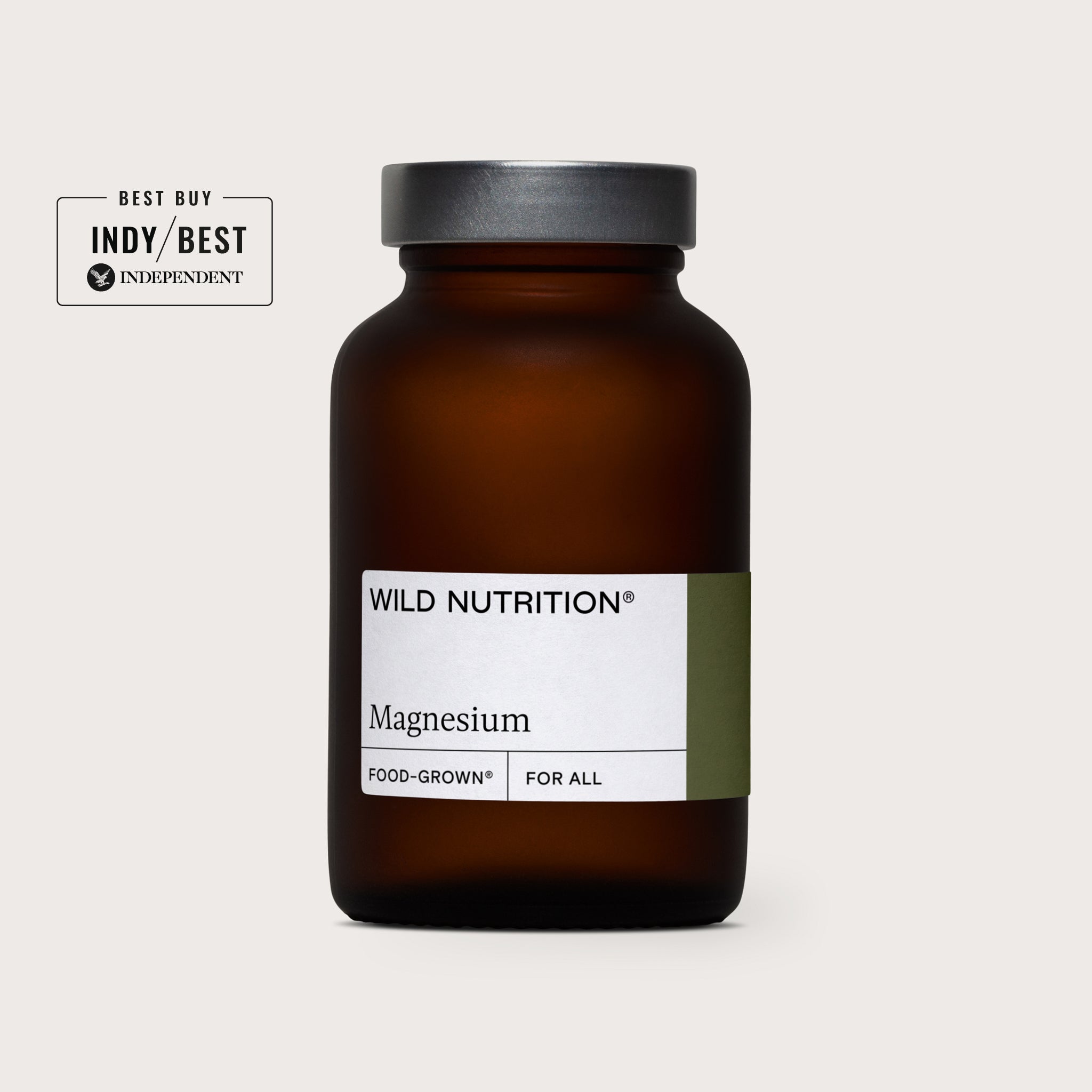
5 Ways Omega 3 can positively influence your child’s development
Nothing gives us more joy than seeing our little ones grow and thrive as they develop through the years. One way we can support this development is by providing essential fatty acids. Omega 3 in the form of docosahexaenoic acid (DHA) and eicosapentaenoic acid (EPA) has been thoroughly studied over the years for the positive impact on child development. Here are just some of the benefits.
1. Development of the brain
Omega 3 contributes to the development of the brain making it a key nutrient for both parents during preparation for conception, during your child’s time in the womb and throughout their lifetime.
Omega 3 comprises 8% of the brain’s weight and has a protective role against oxidative damage. Adequate levels of DHA have been closely associated with intelligence and cognitive performance in infancy and childhood.
2. Supporting their behaviour
As Omega 3 is so vital for brain function it is logical to think that this could extend to supporting behavioural changes. Children with ADHD (attention deficit hyperactivity disorder) are often shown to have much lower levels of Omega 3 fatty acids.
Another study found that infants born to mothers with higher blood levels of DHA at delivery had advanced levels of attention spans well into their second year of life. During the first six months of life, these infants were two months ahead of babies whose mothers had lower DHA levels.
3. Immune boosting
Omega 3 can support your child’s immune system. Studies show us that children supplemented with DHA were less likely to experience colds and flu or incidences were shorter, meaning the children recovered faster.
4. Support the nervous system
Omega 3 is vital for the development and maintenance of the central nervous system and the growth of nerve cells. It is also extremely important for the maintenance of the myelin sheath, which coats the nerves and ensures electrical impulses between neurons.
5. Their developing eyes
Omega 3 is important for foetal development of the eyes and this continues after birth. Breastmilk is rich in these essential fatty acids. If breastfeeding is not possible, adequate essential fatty acids via milk formula and later on from diet, and in some cases supplementation, is important.
Wild Nutrition has introduced Bespoke Child Omega 3 in mini capsules with sustainable Alaskan pollock that is certified by the Marine Stewardship Council (MSC).












